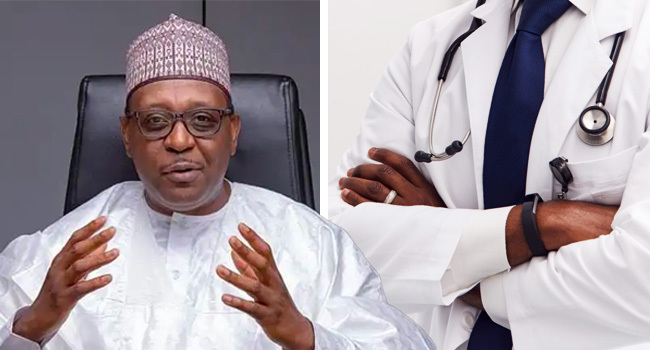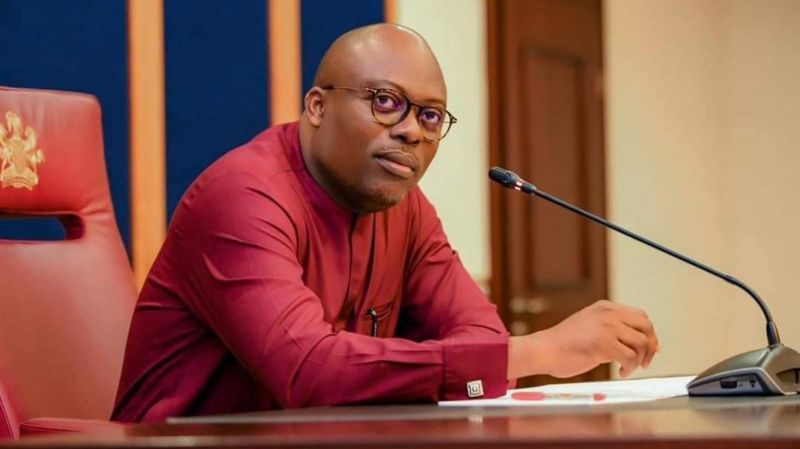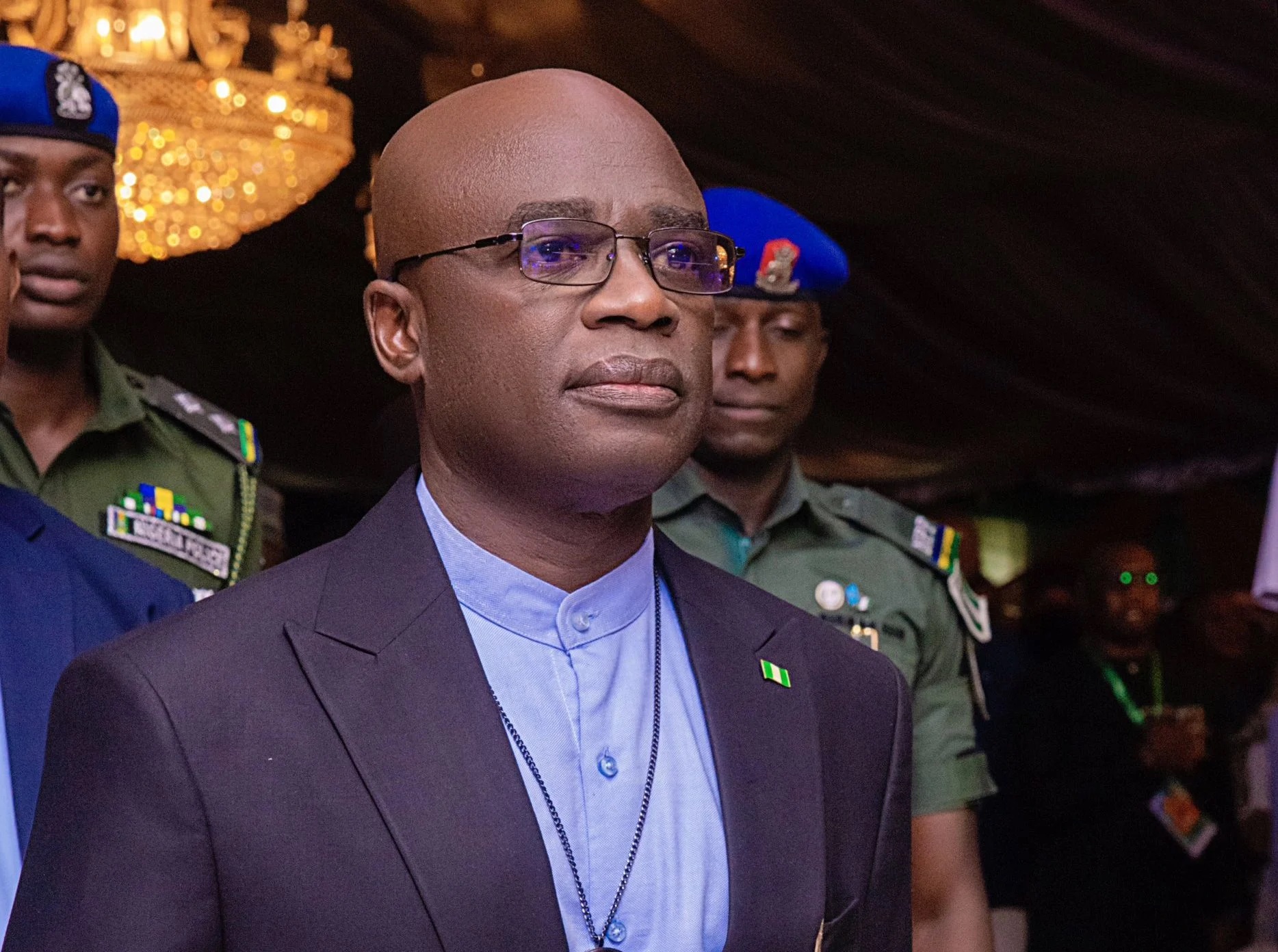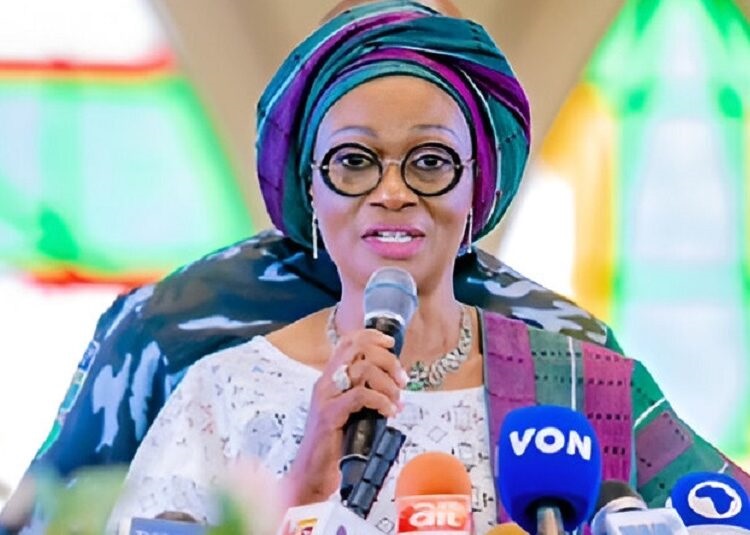The Coordinating Minister of Health and Social Welfare, Prof. Muhammad Ali Pate, has raised alarm over the escalating migration of healthcare professionals from Africa.
Speaking at the 7th Annual Capacity Building Workshop of the Association of Medical Councils of Africa (AMCOA) on Monday in Abuja, Pate described the mass migration of healthcare workforce from the continent as alarming.
He said that while health worker mobility was not new, the current scale posed a serious threat to national and continental health systems.
“We are confronted with a paradox. It represents a fiscal loss, a systemic weakening, and a moral imperative,” he said.
According to the minister, more than 16,000 Nigerian doctors have left the country in the last five to seven years, with nurses and midwives also emigrating in significant numbers.
He said that the situation had resulted in a dangerously low doctor-to-population ratio of 3.9 per 10,000 people well below the global minimum,” he said.
He said that the training cost for a single doctor exceeded 21,000 dollars.
“The country loses millions of dollars in human capital investment when professionals migrate without structured reintegration or ethical recruitment frameworks,” the minister said.
To address this, he unveiled Nigeria’s National Policy on Health Workforce Migration, a flagship initiative under the Renewed Hope Agenda and the Nigeria Health Sector Renewal Investment Initiative (NHSRII).
Pate said that the policy was not about restriction, but about dignity—for the health worker, for the country, and for the profession.
He listed key objectives of the policy to include retaining and motivating existing health workers under challenging conditions; promoting ethical recruitment practices through bilateral agreements and expanding training capacity for domestic and international needs.
“Other objectives include creating reintegration pathways for Nigerian professionals abroad and enhancing regulatory governance and real-time workforce data systems.
“In the past year alone, over 60,000 frontline health workers have been retrained, with the government targeting 120,000.
“Medical and allied health training quotas have also been doubled.
“The policy also addresses geographical disparities. Over 40 of our doctors are in Lagos and Abuja.
“We can not force relocation, but we can incentivize it with housing, digital connectivity, and workplace dignity,” he said.
Pate stressed the importance of diaspora engagement, noting the return of Nigerian doctors, oncologists, and surgeons who are now establishing advanced facilities in cities such as Lagos and Maiduguri.
He cited the ongoing conference of the Association of Nigerian Physicians in the Americas (ANPA) in Lagos as an example of renewed diaspora commitment.
According to him, the Medical and Dental Council of Nigeria (MDCN) is leading efforts to monitor recruitment practices, support returnees, and harmonise regulations across Africa.
“We are not trying to stop migration. We are building a system where our professionals no longer feel the need to leave or settle for less elsewhere,” he said.
He called on African nations to develop a continental compact on workforce mobility, anchored on shared standards, ethical recruitment, investment in training, and strategic negotiation with destination countries.
“This is our moment, not for nostalgia, but for bold reform. From brain drain to brain gain, from loss to system strengthening, Africa must lead,” he said.
The Minister of State Humanitarian Affairs and Poverty Reduction, Hon. Dr Tanko Sununu, called for self-reliance and sustainability, stressing that businesses or services cannot be expected to operate for free.
Sununu encouraged building the capacity to function independently while still collaborating effectively with others.
He said that the focus was on developing a sustainable model that would not depend heavily on external support.
Prof. Joel Okullo, President of the Association of Medical Councils of Africa (AMCOA), stressed the importance of retaining African-trained medical professionals on the continent, rather than losing them to brain drain.
“We know what it costs to train a medical doctor. It is something in the range of two thousand dollars. But more importantly, we are not training doctors for export.
“We are training them to serve our people, to strengthen our health systems,” Okullo said.
According to him, AMCOA consistently reinforces this message during its engagements, stressing the role of regulatory bodies in understanding and responding to the challenges they face.
He also acknowledged the new collaborative strategy spearheaded by the Africa Centres for Disease Control and Prevention (Africa CDC).
He said that the strategy was aimed at harnessing the unique strengths of different African nations for better health security across the continent.
“Nigeria may be strong in disease surveillance, while other countries may excel in epidemiology.
“The question is, how do we harness these strengths for the collective good?
“That is what this programme is about; tightening collaboration so that the continent is better prepared for any health emergency,” he said.
The News Agency of Nigeria (NAN) reports that the primary purpose of the AMCOA is the protection of the public interest by promoting high standards of medical education, registration and regulation.
It also and facilitates the ongoing exchange of information among medical regulatory authorities.
The workshop brought together health regulators, commissioners, and international partners from across Africa to chart a path toward integrated health regulation and stronger systems.
Meanwhile, the workshop will run from April 7, through, April 11.(NAN)





